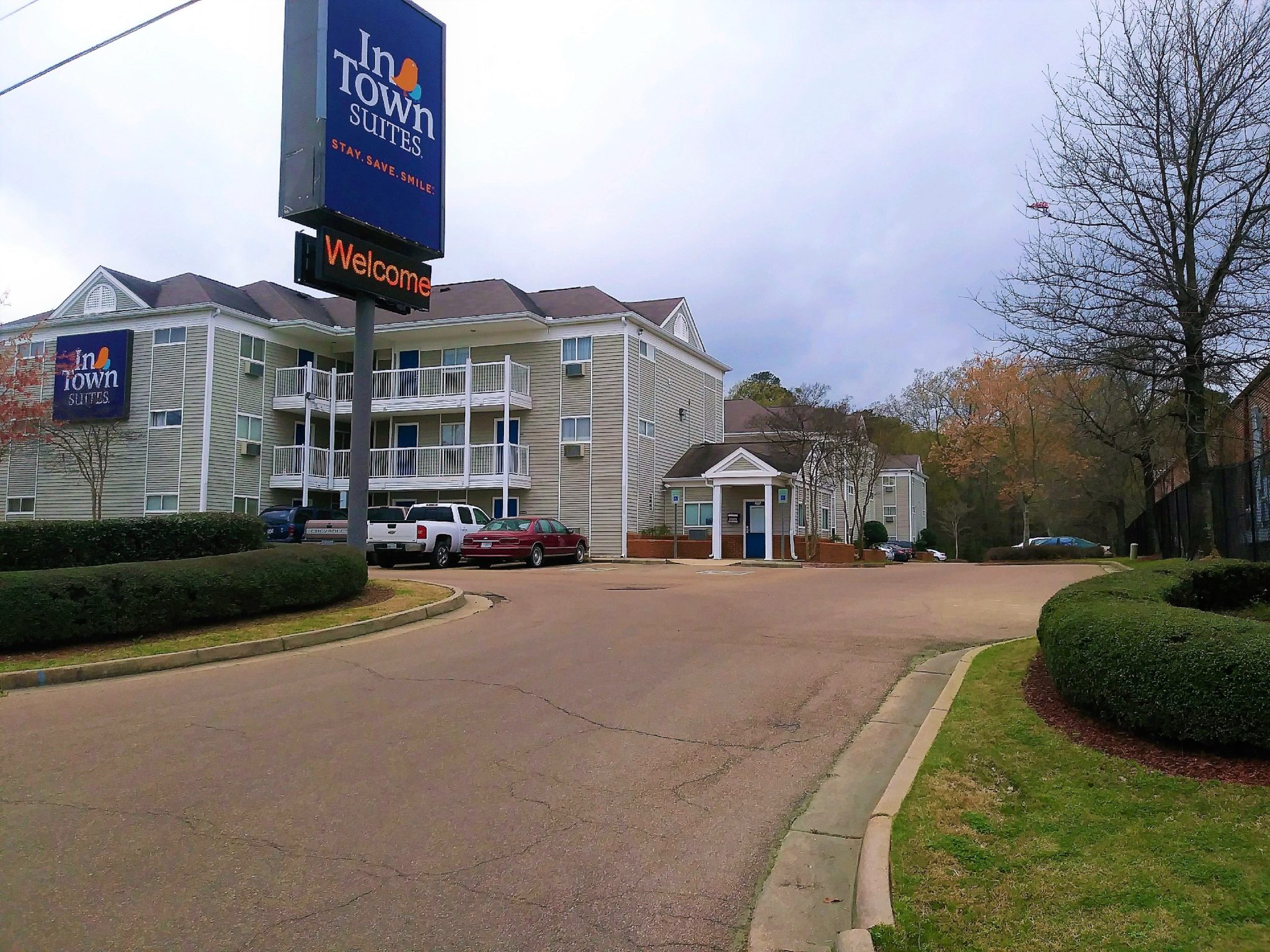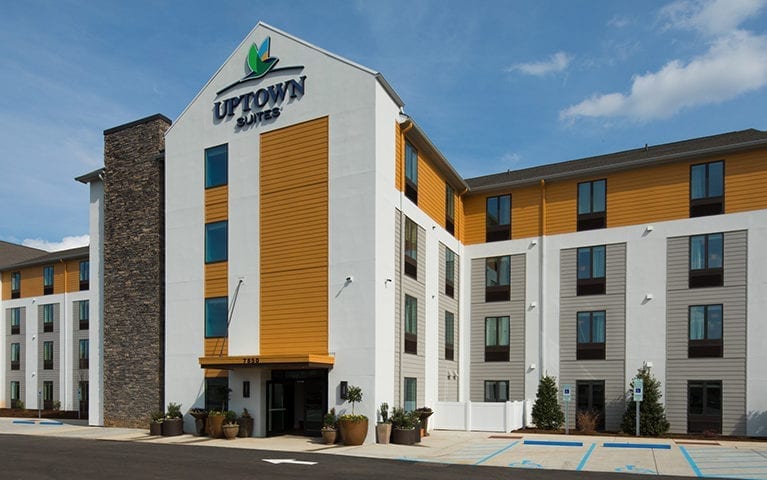

And when cities began to target SROs for demolition, beginning with urban renewal and then later tried to zone them out of existence in the '60s and '70s, the people who lived in the SROs really had nowhere to go. And that was the place that people ended up when they had nowhere else to go. And then some of those facilities would be shared. We're talking really just the bare minimum. They often didn't come with their own bathrooms. Those were places where people would rent rooms that maybe didn't - they certainly didn't come with their own kitchens. GRABAR: So at the bottom end of the residential hotel picture was always something called the single-room occupancy. So as the housing that these hotels used to provide began to diminish, what did that mean for the groups of people who used to rely on this kind of housing? And I would like you to first focus on people who may have lived in a single-room occupancy building because they couldn't afford a typical apartment. And to a large extent, they were successful.ĬHANG: Right. And cities actually undertook to basically get rid of residential hotels. Later in the 20th century, there was a more concerted opposition to the idea that residential hotels were places where drunks and hobos and prostitutes would live. In the beginning, I think there was suspicion that hotels were places where women in particular would not focus on, basically, homemaking because a lot of those functions were taken care of by the hotel. What did they fear about life in a hotel? But there's another part of this story, which is that there was a tremendous moral opposition to hotel life.ĬHANG: Right. So to some extent, the residential hotel declines because we don't need it anymore. Timeshares do a similar thing for vacation communities. And retirement homes kind of fill that niche. I'm talking about places like retirement homes, right? Like, hotels were a big source of naturally occurring housing for the elderly. New economic models compete with the hotel and offer the thing that the hotel had long offered. Homeownership becomes cheaper and more accessible than at any point in the country's history. The federal government subsidizes the development of suburbia. In the middle of the 20th century, to some extent, our need for residential hotels starts to disappear. GRABAR: I think there's two things that happened. So it used to be a thing where hotels were viewed as just sort of another type of housing for a lot of people, people all over the income spectrum. And this was sort of your entry point into the city's housing system.ĬHANG: OK. And then further down the income ladder still, for single people, the hotel was really the place that you went when you first arrived in a city, and you would rent a room by the week or by the month. You know, in the early 20th century, families would live in hotels because they spared women usually the labor of furnishing a place, cleaning a place, decorating a place. But further down the income ladder, they were also really important. HENRY GRABAR: For people who are at the very top, they offered this sort of all-included lifestyle where, you know, you could get room service, someone would come clean, make your bed every day. And to understand how, you have to first start with just how many people hotels once served. He says extended-stay hotels could help alleviate some of today's biggest housing problems from shortages to homelessness. And in an article for Slate, Henry Grabar argues it's time for a comeback. Hotels were considered housing, but residential hotels of all sorts have largely vanished.

At the middle of the 20th century, lots of Americans did this - from the rich and famous to those barely scraping by. What did Joe DiMaggio, Tennessee Williams and Bob Dylan have in common? Well, they each, at one time or another, lived in a hotel.


 0 kommentar(er)
0 kommentar(er)
